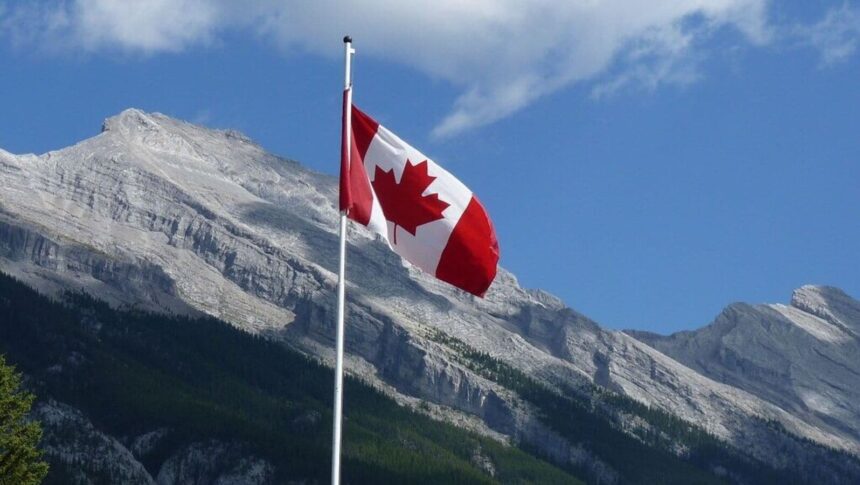Canada has recently announced a reduction in the intake cap on international student study permits for the year 2025, which will have a negative impact on Indian students looking to study there.
The reduction means that Canada has lowered its study permit target by 10%, from 485,000 in 2024 to 437,000 in 2025. In 2023, the number of study permits issued to international students peaked at 500,000.
The intake cap for study permits in 2026 will remain the same as in 2025, and both master’s and doctoral students will be included in the quota for that year. These students will now be required to provide a provincial or territorial attestation letter.
This decrease will have a significant effect on Indian students, who represent nearly 40% of all international students in Canada. The number of Indians immigrating to Canada has seen a 326% increase from 32,828 in 2013 to 139,715 in 2023, as reported by the National Foundation for American Policy (NFAP).
Additionally, the enrollment of Indian students at Canadian universities has surged by over 5,800% in the past two decades, from 2,181 in 2000 to 128,928 in 2021.
According to recent data from the Indian government, there are approximately 1.35 million Indian students studying abroad, with around 427,000 of them studying in Canada.
Prime Minister Trudeau, in a social media post, mentioned that the Canadian government is reducing the number of international student permits by 35% this year, and that number will decrease by another 10% in the following year. Stricter regulations will also be implemented for foreign workers to prevent abuse of the system.
International education contributes over $22 billion to Canada’s economy annually, surpassing exports of auto parts, lumber, or aircraft, and supporting more than 200,000 jobs in the country.
The decline in international student numbers in 2020 resulted in a GDP loss of over $7 billion for Canada that same year.










